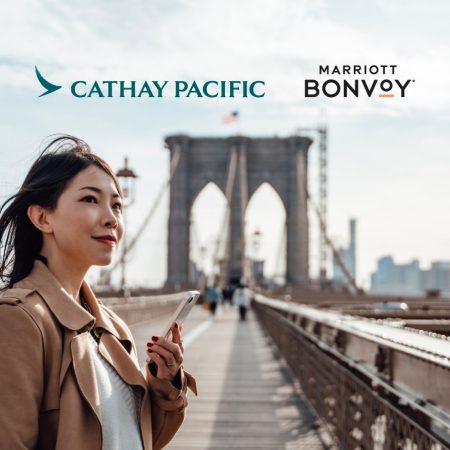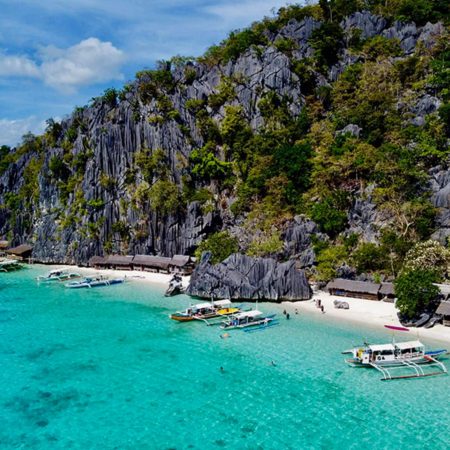What is forest bathing? I tried it, and so should you
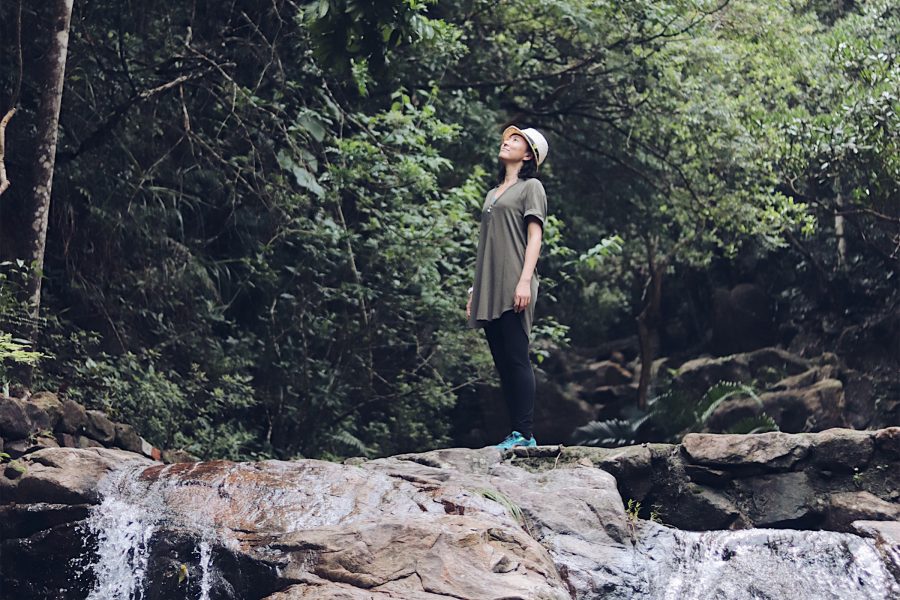
“Have you ever introduced yourself to a tree?” asks our guide.
On a humid May afternoon in Hong Kong, our group of first-time forest bathers is halfway up a paved slope in Tai Po Kau Nature Reserve. Leading the way is Amanda Yik , a certified forest therapy guide, trained by the Association of Nature and Forest Therapy (ANFT).
Forest therapy, also known as forest bathing or shinrin-yoku, originates from the Japanese practice of spending time in nature. Several studies have suggested that it improves mental and physical well-being, including enhancing mood, stabilising blood pressure and reducing stress. It may sound like hiking, but Yik points out a key difference: in forest bathing, “we’re being intentional about using our senses.”
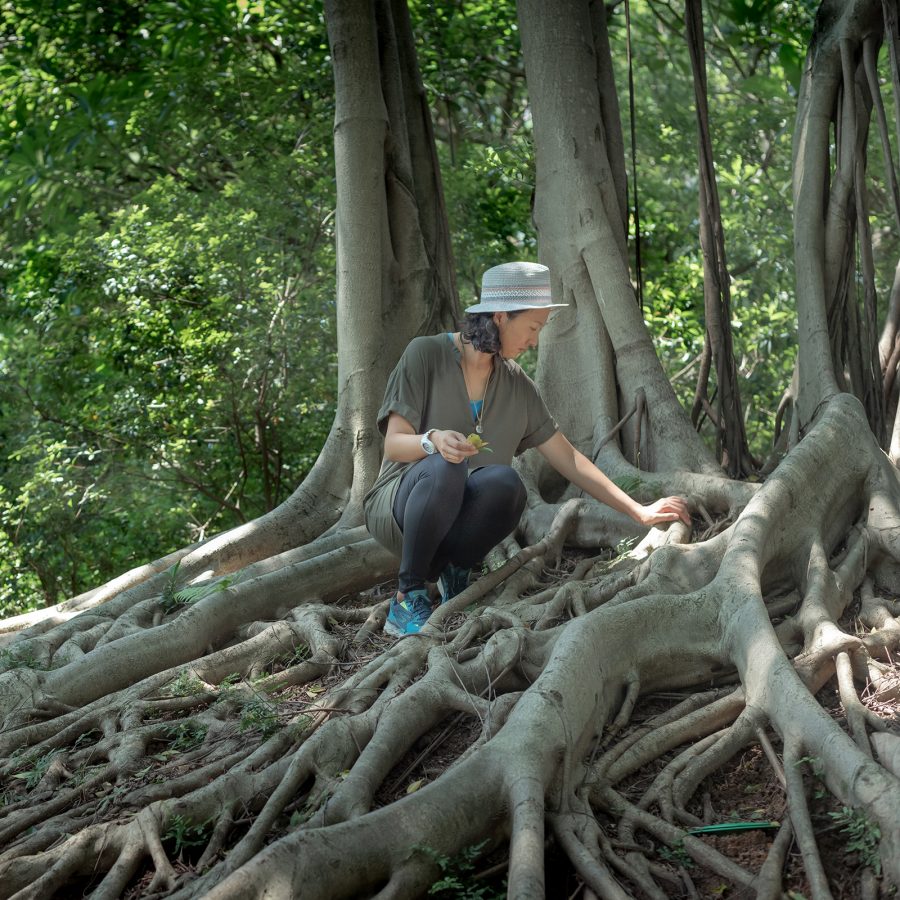
Credit: Andy breakazine
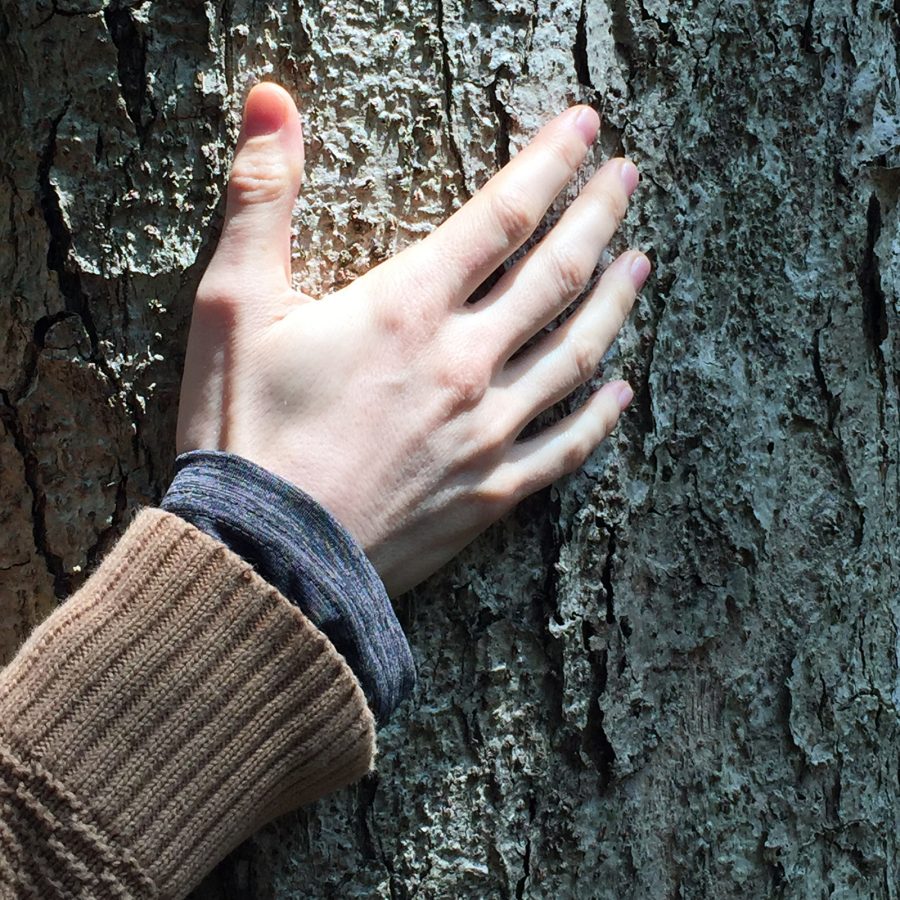
Credit: Shinrin Yoku Hong Kong
After a moment, Yik directs our attention to the quiet babbling of a stream below, just out of sight. She encourages us to “make our ears bigger” by cupping them with our hands. Further along the path she notices a dragon-shaped tree being swallowed by ravenous climbers.
When it comes to making friends with trees, Yik teaches us the basics. First, you appreciate a specific tree from a distance, then ponder how you feel about it. If it’s positive, you take a step closer and interact with it – placing a palm on its scaly trunk, inhaling its mossy bark. Finally, you offer it a gift. It might be a beautiful flower you picked on the way, or a simple “thank you” from the heart.
We gather around picnic tables and share some of the things we’ve observed during our time in the forest. “You don’t have to share with words,” Yik says. “It can be a sound or a gesture. You can even share silence, if you like.”
Her guidance is always a gentle suggestion, never an instruction. And when we head deeper into the woods for ten minutes of guided mindfulness, we’re invited to follow along – though we’re just as welcome to do our own thing. For once, I don’t fret about letting my mind drift or my eyes open prematurely. I needn’t worry about failing to impress a tree. No one is here to judge.
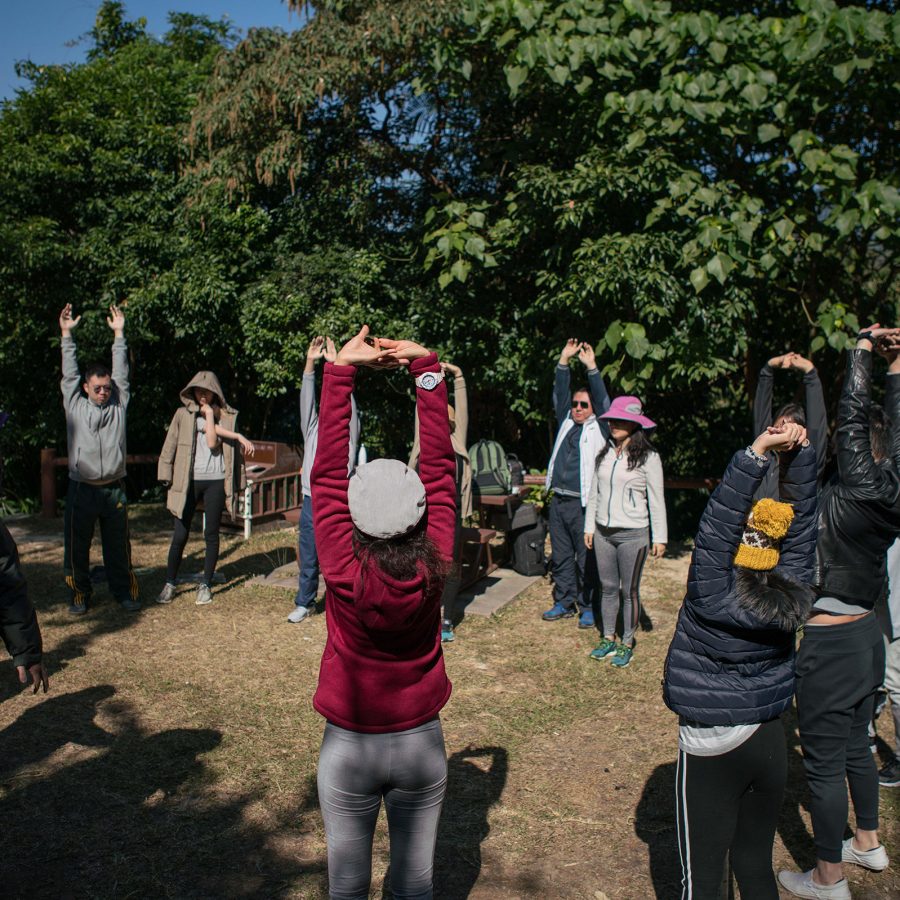
Credit: Shinrin Yoku Hong Kong
Where can you try forest bathing?
Sometimes, it’s less about a specific forest than about a forest that works for you. For Yik, she considers accessibility when bringing different groups outdoors – whether it’s about wheelchair-friendliness, transport or proximity.
You also don’t have to be crawling over unruly roots or dodging branches and bugs to truly experience nature. In fact, having an easy-to-walk path – like the one in Tai Po Kau – will make your forest bathing experience more enjoyable and less stressful.
If you’re keen to forest bathe abroad, Yik recommends finding a guide, as they'll be familiar with the lay of the land and can help you feel at ease. ANFT and Forest Bathing Finder both have directories that provide a list of forest bathing guides around the world. A guided session typically takes around three hours.
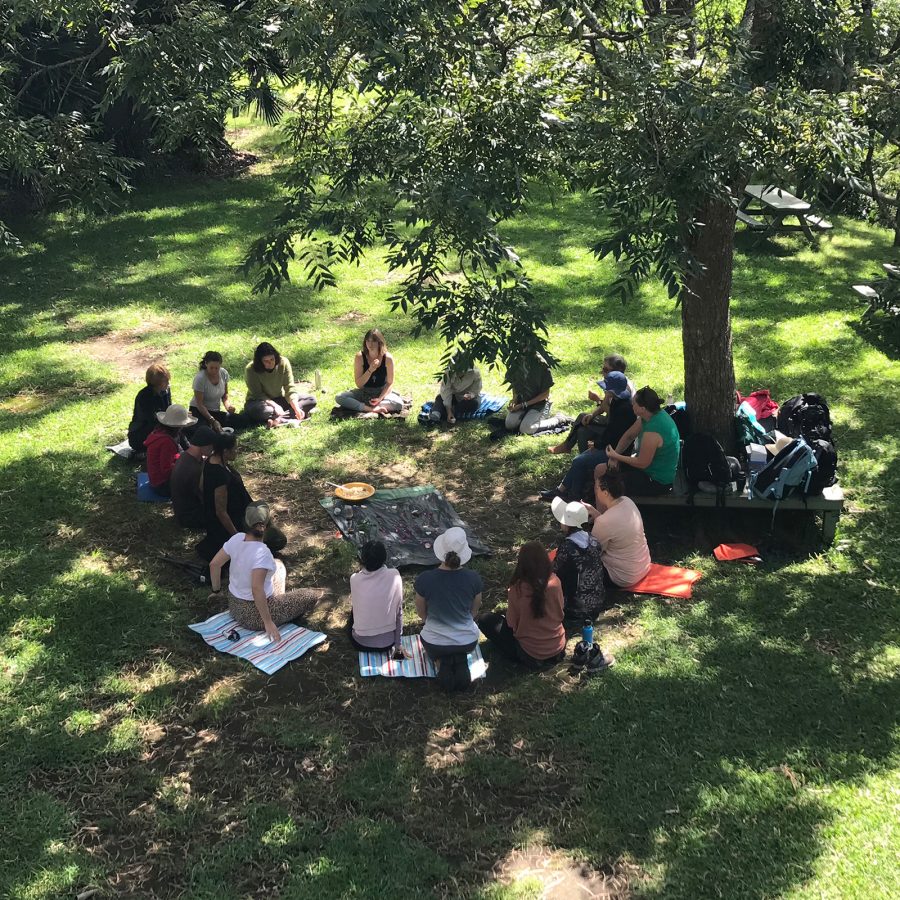
Credit: Shinrin Yoku Hong Kong
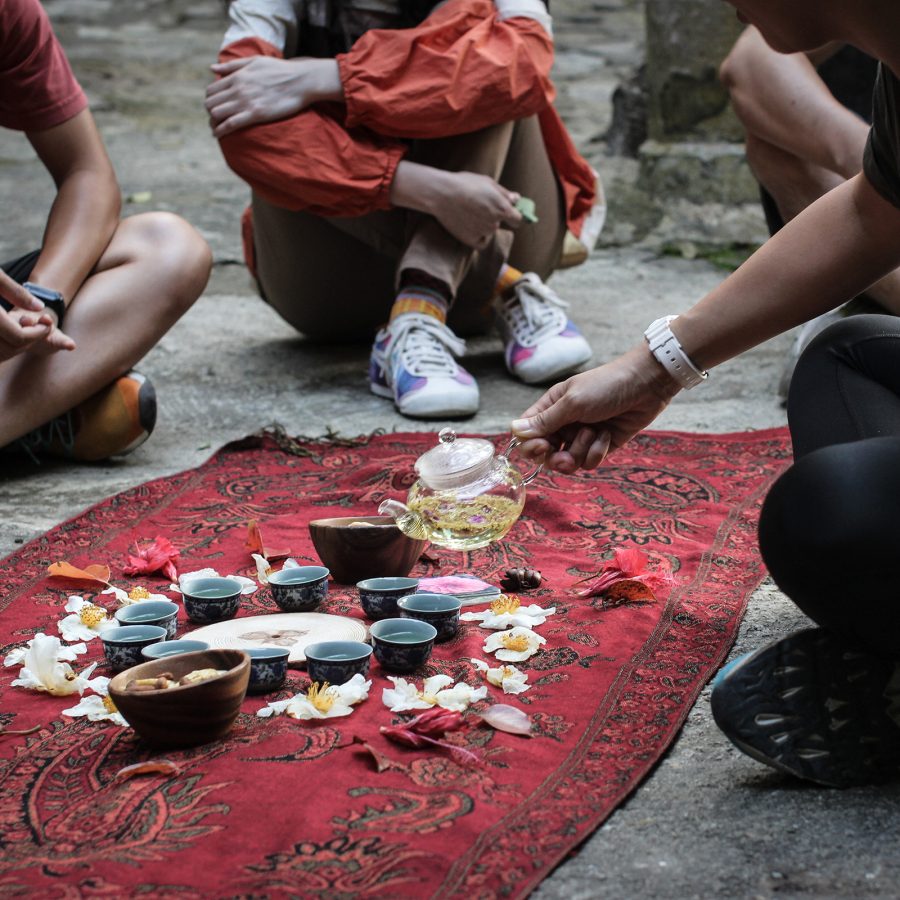
Credit: LFSEEC
Resources are also available to self-guided forest bathers. Holly Jo, programme director of ANFT’s Certified Forest Therapy Trails Program and a retired park ranger, oversees ongoing work to curate safe and user-friendly spaces for people to forest bathe around the world without a physical guide. “There might be invitational signage along the trail, or you might have a brochure that walks you through the process, which includes a map and how to interact with the space,” she says.
Stay protected on your journey with Chubb Premier Travel Cover , which covers unexpected medical expenses, trip cancellation, loss of personal property and more. Cathay members who enrol now can earn HKD1 = 1.
For coverage details, general exclusions and Terms and Conditions, please refer to policy wording. Cathay Pacific Airways (license number: FA3522) is appointed by Chubb as its insurance agency.
Here are a few highlights from ANFT’s curated list of trails .
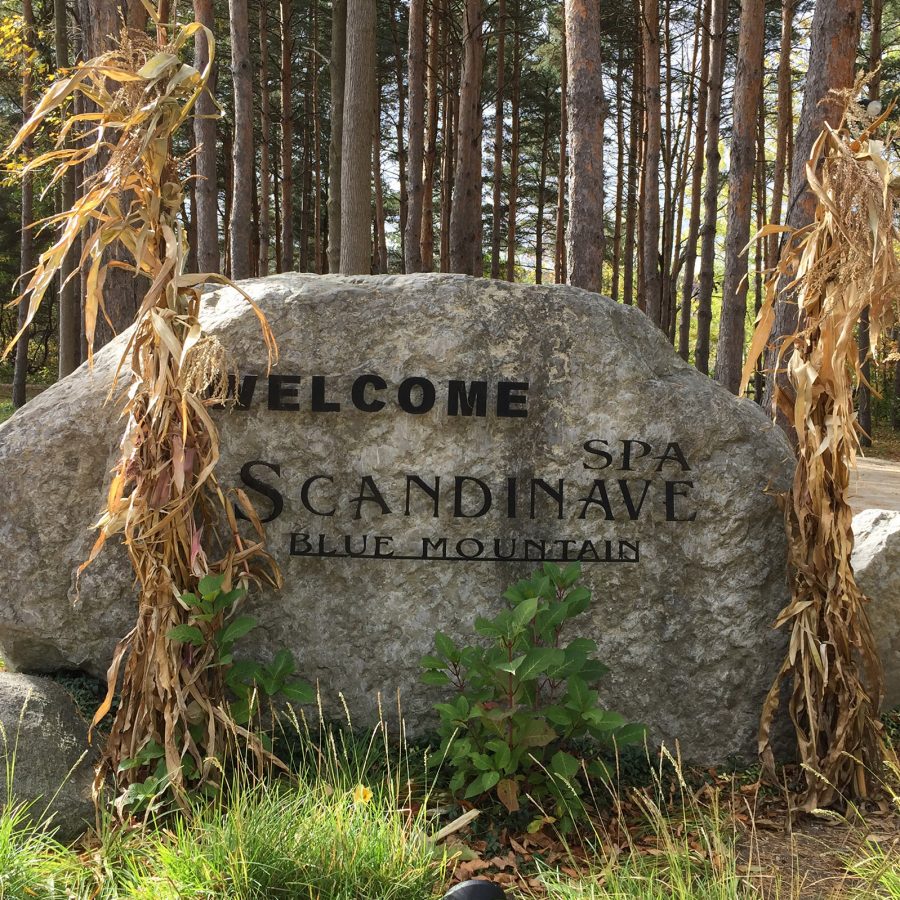
Credit: Beth Foster
Near Toronto: Scandinave Spa Forest Bathing Trail
Ask for a forest bathing pamphlet at the reception or follow a certified guide through this trail , which combines a tranquil walk with hot springs at Scandinave Spa. The one-kilometre path brings you through a series of invitations and culminates in a soul-warming cup of tea.

Credit: Joe Sohm Visions of America/Getty Images
Near Los Angeles: Taft Gardens and Nature Preserve
Curated art pieces and biophilic design are part of the trail , which takes you through spiky aloe gardens and Australian gardens before bringing you to a viewpoint above a canyon running across the base of the Topatopa Mountains.
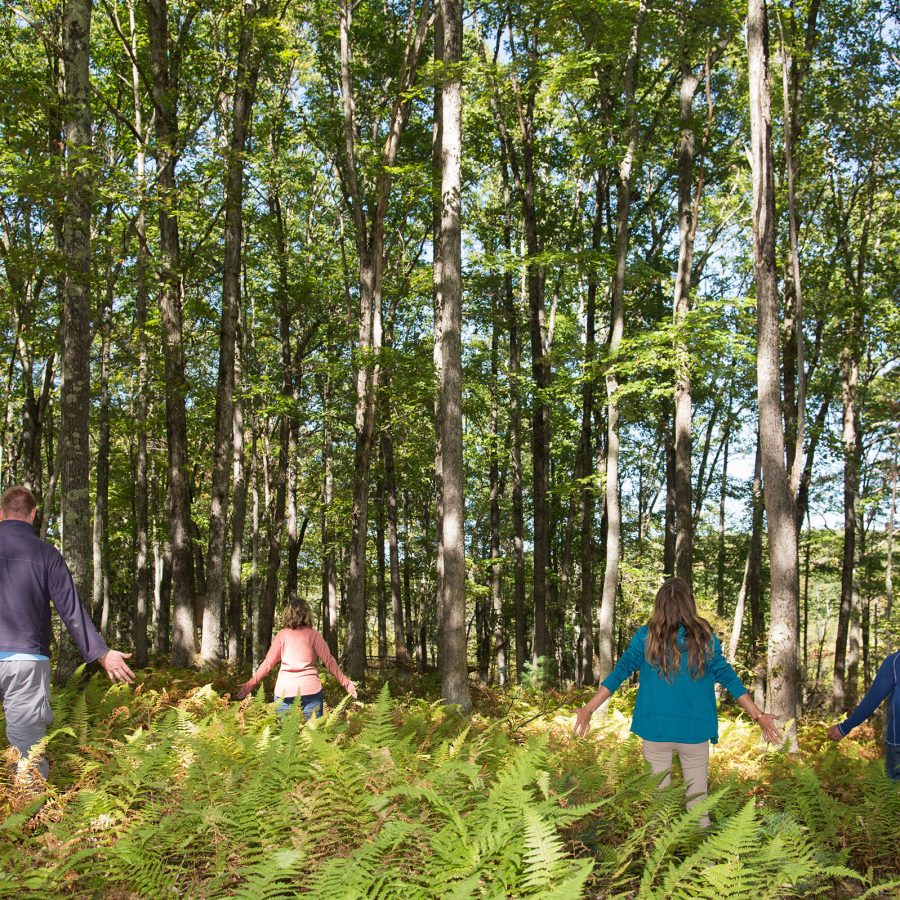
Credit: The Lodge at Woodloch
Near New York: The Lodge at Woodloch
This private trail for guests who are staying at the lodge is a gentle loop through old and young woodland and a wildflower meadow, with spots to settle down and be mindful – including hammocks. In the autumn, bask in streams of sunlight filtered through a red canopy.
Beyond what’s on ANFT’s list, here are more forest bathing destinations around the world.
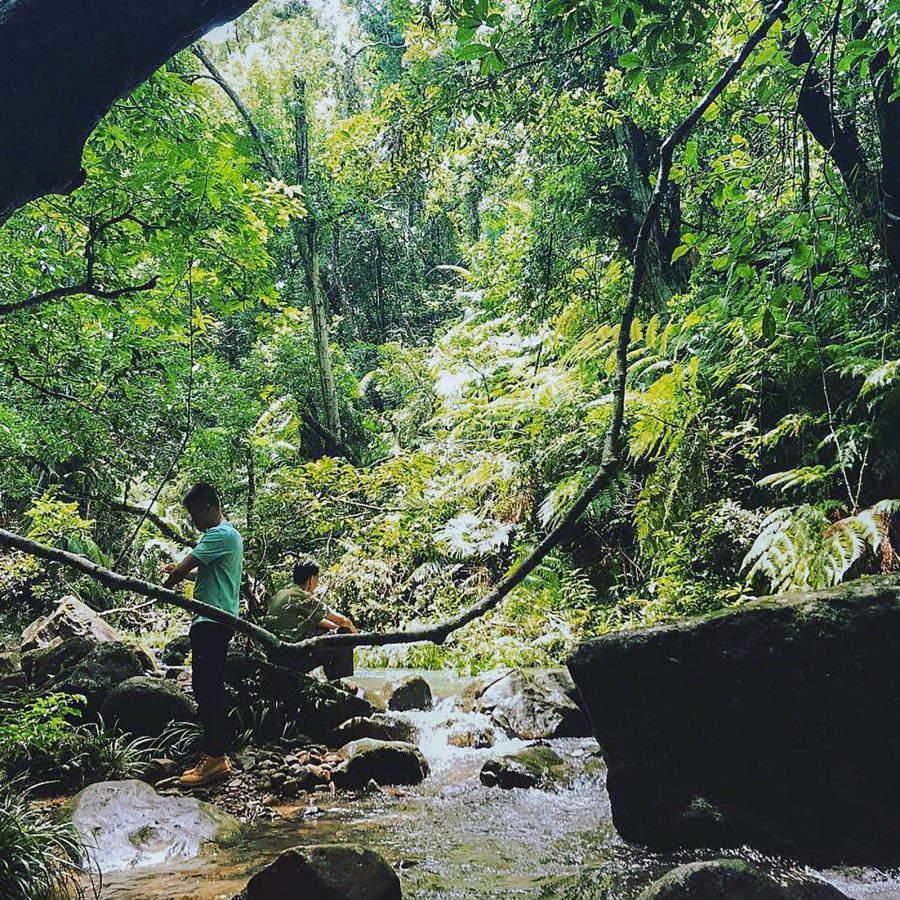
Credit: Shinrin Yoku Hong Kong
Hong Kong: Tai Po Kau Nature Reserve
A gathering place for birdwatchers, biologists and hikers thanks to its wildlife diversity, this park – which was only afforested barely a century ago – provides a quiet, reflective space to admire dense forests and gentle streams easily accessible from the city.
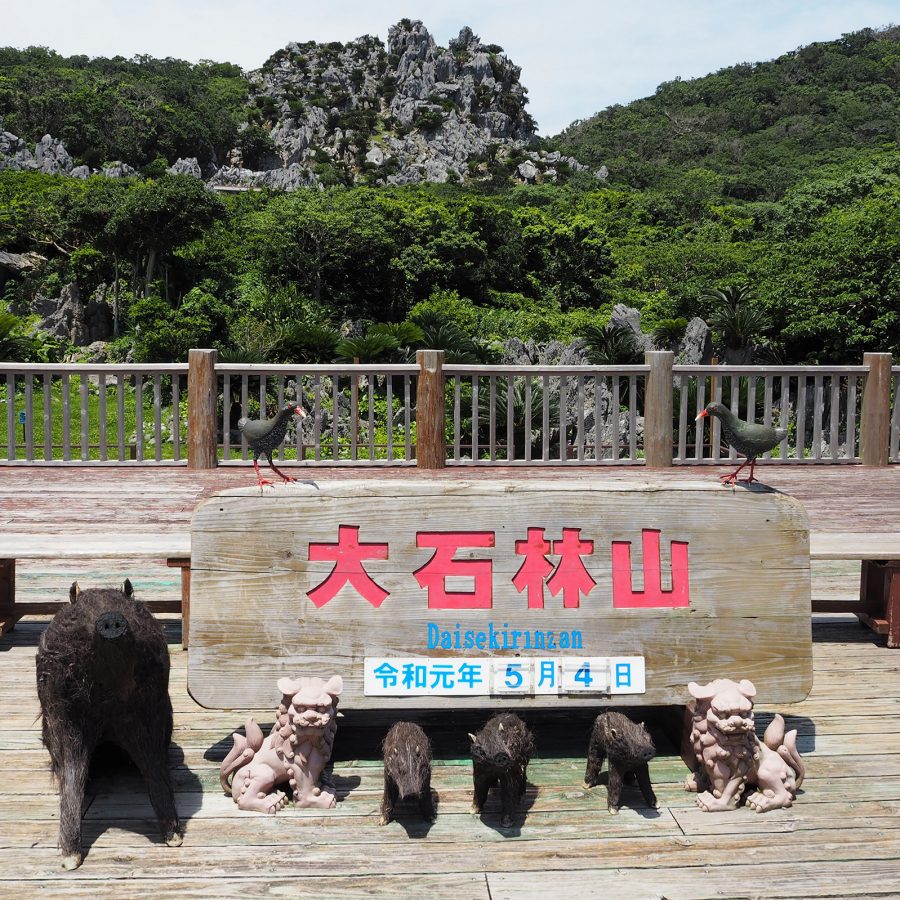
Credit: poteco/Getty Images
Okinawa: Yambaru National Park
Whether by canoe or on foot along a wooden boardwalk, discover mangroves, waterfalls, beaches and limestone cliffs – diverse natural habitats home to subtropical plants, protected bird and frog species and more. Guided walks are available .
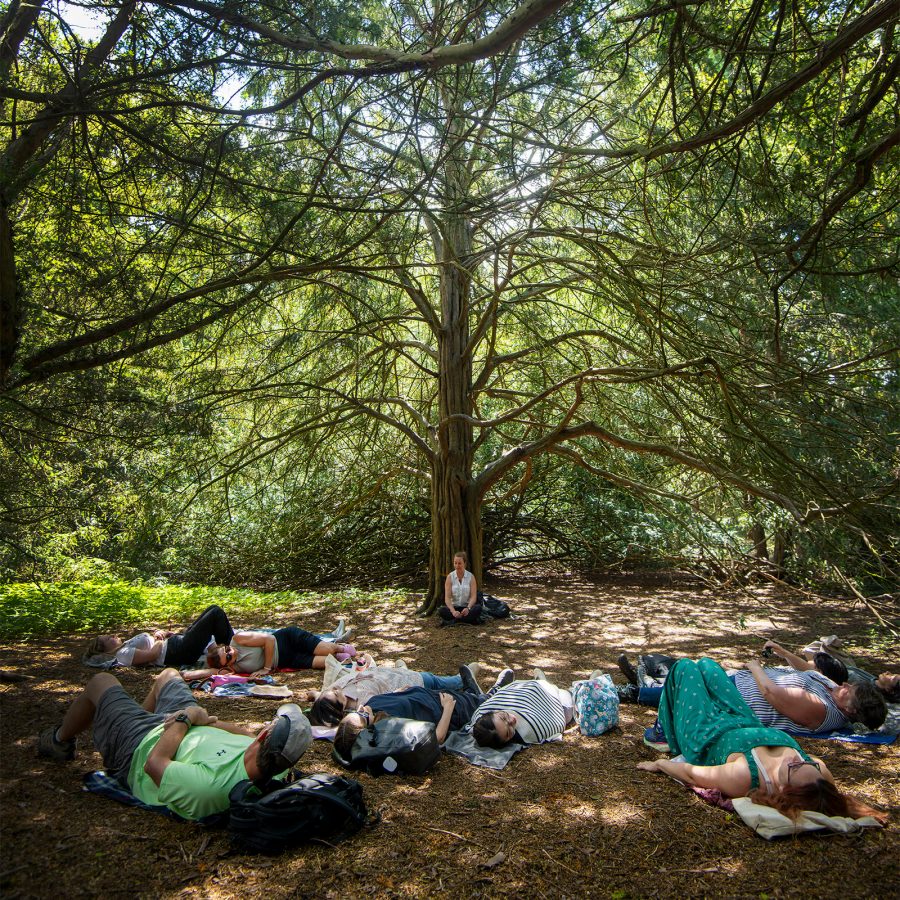
Credit: Kew Gardens
London: Kew Gardens
Organised group sessions take place throughout the warmer months, and forest bathers-to-be can easily get here via public transport. After the session, you’re free to explore the rest of the gardens at your own pace.
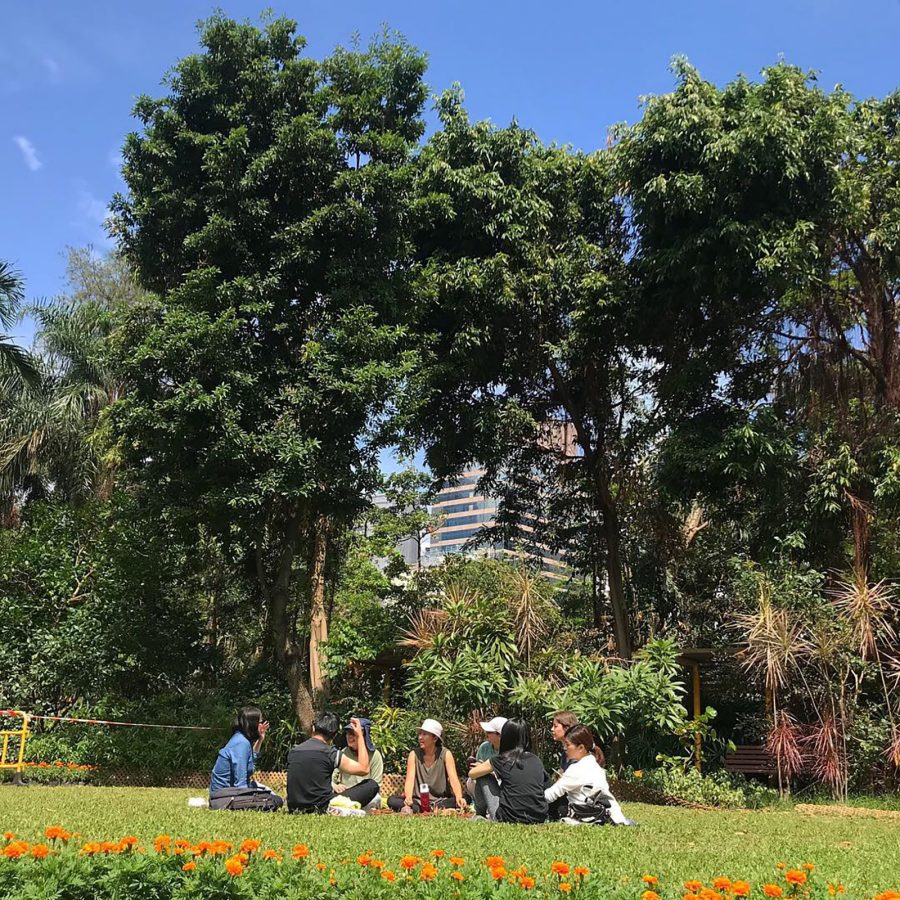
Credit: Shinrin Yoku Hong Kong
How do I forest bathe if I live in the city?
Jo believes that everyone has an innate ability to nurture a relationship with nature – even those who live in urban settings. “The idea is that we’re helping people remember that relationship, and when you love something, it’s innate,” she says. “I think it’s taking those existing small spaces and activating them in a way that brings more intention and awareness to the importance of those spaces.”
Sometimes you don’t need to venture too far. If you’re looking and listening, you might just find one around the corner.
More inspiration
- China – the Chinese Mainland, Hong Kong SAR, Macao SAR and Taiwan Region
- Hong Kong SAR - English
- Chinese Mainland (China) - English
- Taiwan, China - English
- 香港特別行政區 - 繁體中文
- 中国內地 - 简体中文
- 中國台灣 - 繁體中文
- Africa
- South Africa - English
- Asia
- Bangladesh - English
- Korea - English
- Singapore - English
- Cambodia - English
- 한국 - 한국어
- Sri Lanka - English
- India - English
- Malaysia - English
- Thailand - English
- Indonesia - English
- Maldives - English
- ประเทศไทย - ภาษาไทย
- Indonesia - Bahasa Indonesia
- Myanmar - English
- Vietnam - English
- Japan - English
- Nepal - English
- Việt Nam - tiếng Việt
- 日本 - 日本語
- Philippines - English
- Australasia
- Australia - English
- New Zealand - English
